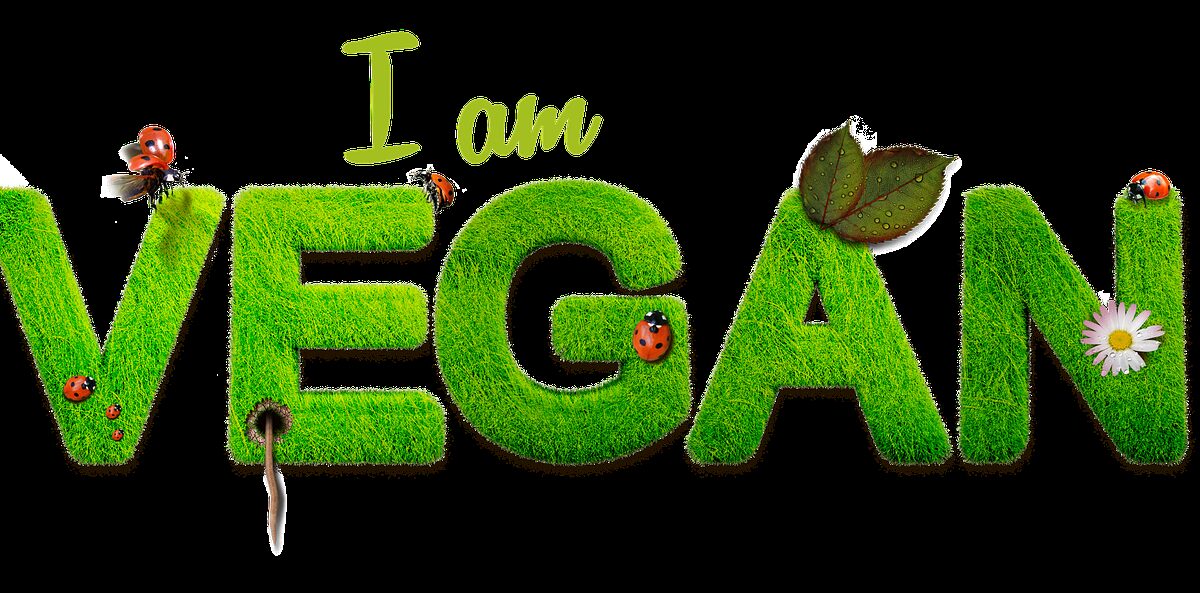Health Benefits of a Vegan Diet: What Science Says
A vegan diet, which excludes all animal products, has gained significant popularity in recent years. While some individuals adopt this lifestyle for ethical reasons, others are drawn to the potential health benefits it offers. Scientific research has shown that following a vegan diet can have numerous positive effects on overall health and well-being. From reducing the risk of chronic diseases to promoting weight loss, the evidence supporting the health benefits of a vegan diet is compelling.
Reduced Risk of Chronic Diseases
Studies have consistently shown that individuals who follow a vegan diet have a lower risk of developing chronic diseases compared to those who consume animal products. Here are some key findings:
- Heart Disease: A vegan diet has been linked to a reduced risk of heart disease, the leading cause of death worldwide. Research suggests that vegans have lower blood pressure, cholesterol levels, and body mass index (BMI) compared to non-vegans.
- Type 2 Diabetes: Adopting a vegan diet can significantly lower the risk of developing type 2 diabetes. A large-scale study found that vegans had a 50% lower risk of developing the disease compared to non-vegans.
- Cancer: Several studies have shown that a vegan diet may help reduce the risk of certain types of cancer, including colorectal, breast, and prostate cancer. The high intake of fruits, vegetables, and fiber in a vegan diet is believed to contribute to this protective effect.
Weight Loss and Management
Obesity is a global health concern, and a vegan diet can be an effective tool for weight loss and management. Here’s how:
- Lower Caloric Intake: Plant-based foods tend to be lower in calories compared to animal products. By focusing on whole grains, fruits, vegetables, legumes, and nuts, individuals following a vegan diet can consume fewer calories while still feeling satisfied.
- Higher Fiber Intake: A vegan diet is typically rich in dietary fiber, which promotes feelings of fullness and helps regulate appetite. Studies have shown that individuals who consume more fiber tend to have a lower body weight and reduced risk of obesity.
- Improved Gut Health: The abundance of fiber in a vegan diet also supports a healthy gut microbiome. A diverse and balanced gut microbiota has been associated with better weight management and a reduced risk of obesity.
Improved Nutrient Intake
Contrary to common misconceptions, a well-planned vegan diet can provide all the necessary nutrients for optimal health. In fact, research suggests that vegans often have higher intakes of certain nutrients compared to non-vegans:
- Antioxidants: Fruits, vegetables, and whole grains, which are staples of a vegan diet, are rich in antioxidants. These compounds help protect the body against oxidative stress and reduce the risk of chronic diseases.
- Vitamins and Minerals: Vegans tend to have higher intakes of vitamins C and E, folate, magnesium, and potassium. These nutrients play crucial roles in various bodily functions, including immune function, energy production, and bone health.
- Healthy Fats: While a vegan diet excludes saturated and trans fats found in animal products, it encourages the consumption of healthy fats from sources like avocados, nuts, and seeds. These fats are essential for brain health, hormone production, and the absorption of fat-soluble vitamins.
Environmental Impact
Aside from the individual health benefits, adopting a vegan diet can also have a positive impact on the environment. Livestock production is a significant contributor to greenhouse gas emissions, deforestation, and water pollution. By reducing or eliminating animal product consumption, individuals can help mitigate these environmental issues and promote sustainability.
While a vegan diet offers numerous health benefits, it is essential to approach it with proper planning and knowledge. Consulting with a registered dietitian can ensure that all nutrient needs are met and potential deficiencies are addressed. Additionally, incorporating a variety of plant-based foods and focusing on whole, unprocessed options is key to reaping the full benefits of a vegan diet.
